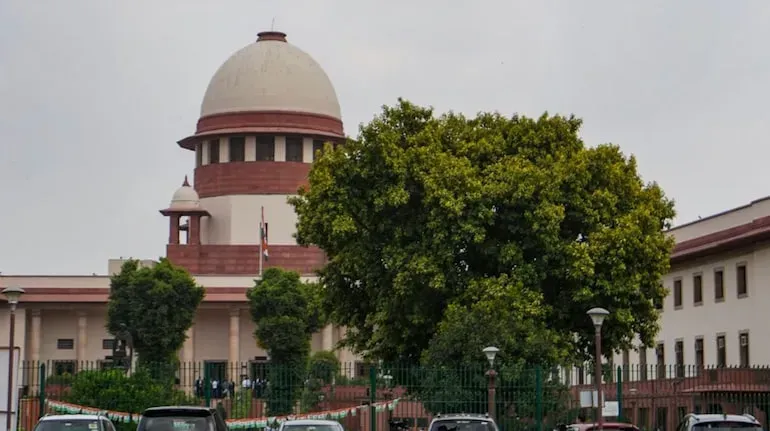Introduction to the Case
The Supreme Court of India recently heard significant arguments in the Delhi Liquor Policy case, focusing on the involvement of prominent figures including Manish Sisodia, K Kavitha, Vijay Nair, Sanjay Singh, and Arvind Kejriwal. This case revolves around allegations of corruption and misconduct related to the Delhi government's liquor policy, which has drawn considerable attention due to its implications for high-profile politicians and bureaucrats.
Background and Allegations
The Delhi Liquor Policy case has seen investigations by both the Enforcement Directorate (ED) and the Central Bureau of Investigation (CBI). The case alleges that the Delhi government's 2021-22 liquor policy was manipulated to favor certain private entities in exchange for bribes and kickbacks. Key figures such as Manish Sisodia, Delhi's Deputy Chief Minister, and K Kavitha, the daughter of former Andhra Pradesh Chief Minister K. Chandrashekar Rao, have been implicated. The charges involve bribery, corruption, and irregularities in the policy's implementation.
Supreme Court Proceedings
The Supreme Court's recent proceedings have focused on the bail applications of several accused individuals. Manish Sisodia's bail application has been particularly notable, given his high-profile role as a senior minister. The Court has been evaluating the arguments regarding his bail, balancing the need to prevent tampering with evidence against the rights of the accused to be granted bail.
Arguments Presented
During the hearing, the defense argued that the evidence against their clients was either insufficient or obtained through questionable means. They contended that the charges were politically motivated and aimed at undermining the credibility of key political figures. On the other hand, the prosecution emphasized the severity of the charges and the potential for evidence tampering if the accused were granted bail.
Court's Observations
The Supreme Court has shown concern over the broader implications of the case, particularly regarding its impact on the political landscape and governance. The Court has scrutinized the evidence presented by both sides and has sought clarity on several aspects of the case, including the nature of the alleged bribes and the involvement of high-ranking officials.
Impact on Political Leaders
The case has significant implications for several political leaders. Arvind Kejriwal, the Chief Minister of Delhi, has been drawn into the controversy, with accusations that he was aware of or involved in the policy's alleged corruption. The Court's decisions in this case could impact not only the individuals directly involved but also the political dynamics in Delhi and beyond.
Next Steps
As the Supreme Court continues to deliberate on the case, the outcome will likely influence ongoing investigations and the political climate in Delhi. The bail decisions for individuals like Manish Sisodia and K Kavitha will be closely watched, as they will set a precedent for handling similar cases involving high-profile politicians.
Conclusion
The Delhi Liquor Policy case remains a high-stakes legal and political matter. The Supreme Court's careful consideration of the evidence and the arguments presented by both sides will play a crucial role in determining the future course of the case. As the proceedings unfold, the legal community and the public will be keenly observing the developments, given the case's implications for governance, justice, and political accountability.










0 Comments
Thank you for your response. It will help us to improve in the future.